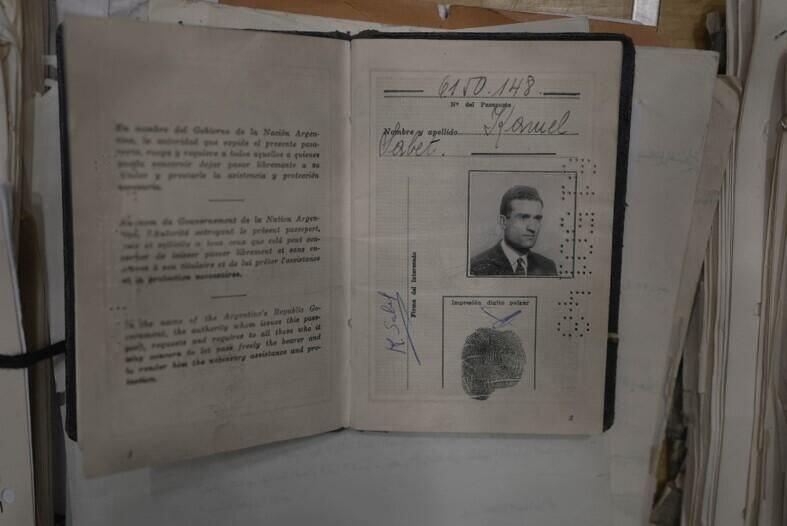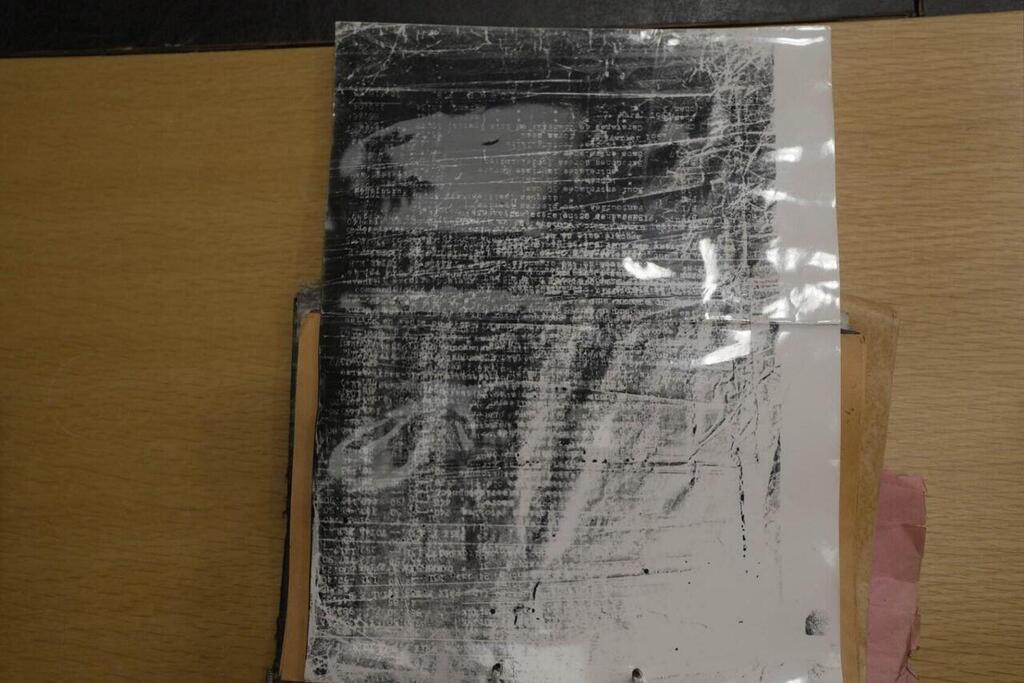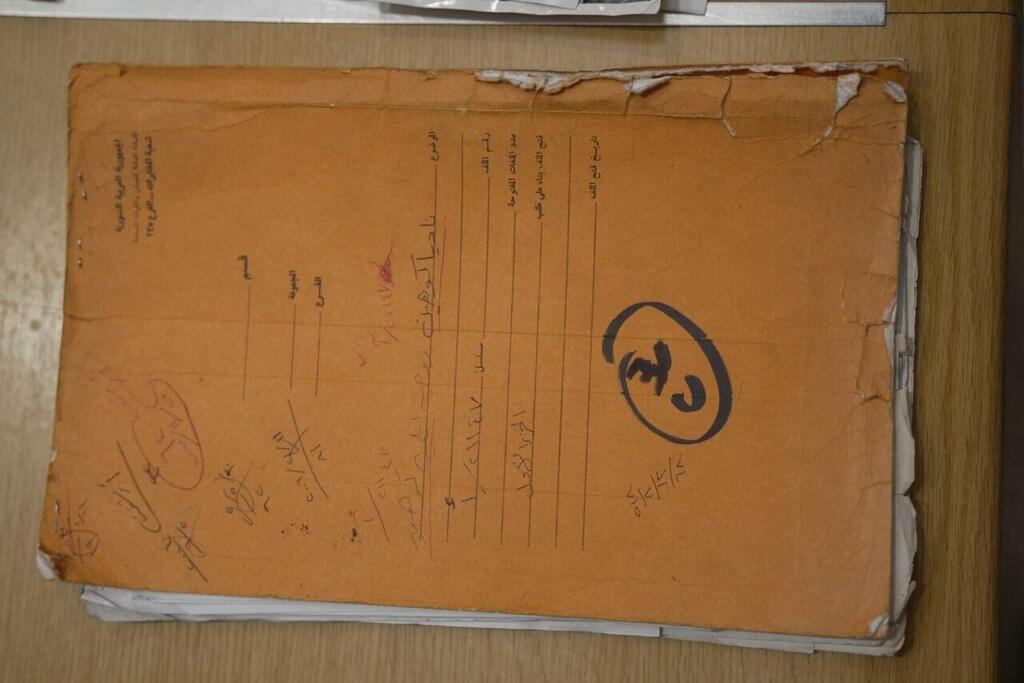Israel’s Mossad intelligence agency has recovered thousands of documents, photographs and personal belongings belonging to legendary Israeli spy Eli Cohen, 60 years after his execution in Syria.
The announcement came Sunday, marking six decades since Cohen was publicly hanged in Damascus on May 18, 1965. According to the Mossad, the items were obtained in a clandestine and complex operation carried out in cooperation with a strategic partner intelligence agency.
“The official Syrian archive on Eli Cohen has been brought to Israel,” the Mossad said in a statement. “It includes approximately 2,500 items that had been tightly held by Syrian security forces for decades.”
Among the materials returned are Cohen’s original handwritten will—composed just hours before his execution—and personal letters to his family in Israel. Other recovered items include forged documents and passports, keys to his Damascus apartment, and photographs of Cohen alongside senior Syrian military and government officials during his undercover mission in the 1960s.
Some of the items were presented Sunday to Cohen’s widow, Nadia Cohen, during a ceremony attended by Prime Minister Benjamin Netanyahu and Mossad Director David Barnea.
The cache also contains Syrian intelligence files compiled after Cohen’s arrest in January 1965, including investigative records, surveillance notes, and notebooks from his apartment. Several documents detail Mossad mission assignments, such as tracking specific targets and gathering intelligence on Syrian military bases in the Golan Heights.
One document recovered from Syria was the original court ruling that sentenced Cohen to death. It includes a decision permitting the Damascus Jewish community’s chief rabbi, Nissim Andabo, to accompany him in accordance with Jewish tradition.
A large folder labeled “Nadia Cohen” was also among the recovered materials, revealing that Syrian intelligence closely tracked her global campaign to secure her husband’s release, including appeals to world leaders and to the Syrian president.
Netanyahu called Cohen “a legend,” saying his actions helped shape the outcome of the 1967 Six-Day War. “The Eli Cohen archive, brought here through a special effort, will educate generations and reflects our unceasing commitment to return all of our missing, captives and hostages,” he said.
Barnea described the recovery as “a significant achievement with deep moral and historical value,” and said efforts to locate Cohen’s burial site in Syria remain ongoing. “We will continue working to bring home all of Israel’s missing, fallen and abducted—those who live, for rehabilitation, and those who fell, for burial in Israel.”
Get the Ynetnews app on your smartphone: Google Play: https://bit.ly/4eJ37pE | Apple App Store: https://bit.ly/3ZL7iNv
In December, the Hezbollah-aligned Lebanese newspaper Al-Akhbar reported that Israel had made contact with sources in Syria and the region in a bid to locate Cohen’s grave. Israeli officials have long hoped that a future shift in Syria’s political landscape could lead to a breakthrough.





